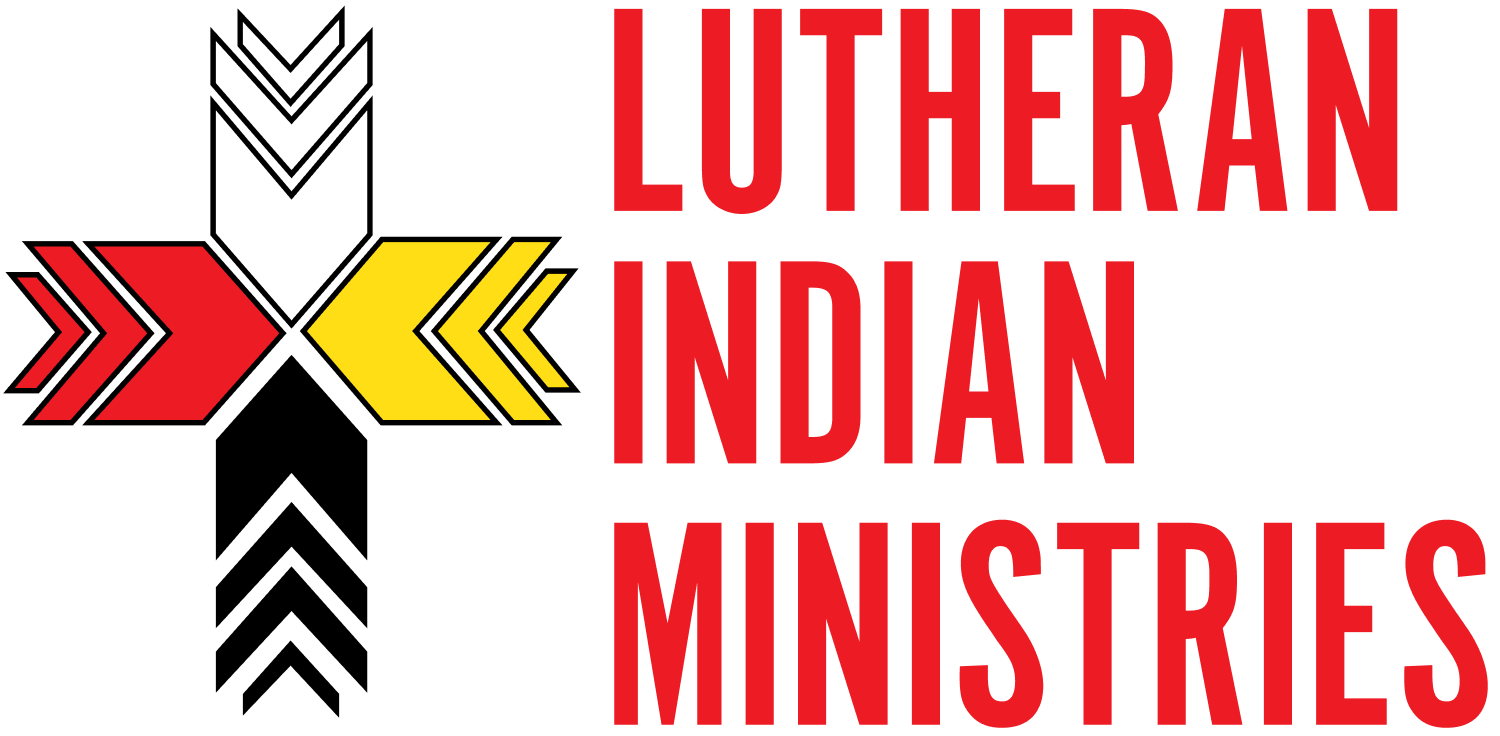This Week in Native American News (8/3/18): Building Strong Youth Through Cycling, Photography, Science, and Rap
August 3, 2018
THE EXTREME CYCLISTS OF THE NAVAJO NATION
Although they are America’s original inhabitants, when it comes to US policy, American Indians often suffer from invisibility. U.S. Air Force photo by Airman 1st Class Gwendalyn Smith.
Rodeo is a common passion on the Navajo Nation—a reservation the size of West Virginia that stretches across New Mexico, Utah, and Arizona—and a couple of years ago, when he was thirteen, Nigel James was an up-and-coming calf roper. But then his horse got pregnant and he couldn’t ride her, so he turned to his bike and started building downhill trails and ramps around his parents’ place. Soon he was riding his bike the way a roper rides a horse: in brief bursts of speed that give way to daredevil maneuvers. This school of cycling is called enduro, and Nigel had a gift for it.
The summer before, Nigel joined a long bike ride on the reservation called the Tour de Sih Hasin—three hundred miles over seven days, much of it on rough dirt roads and hills, in the punishing July heat. On the second-to-last day, he wanted to quit. His mother said that was O.K. But the next day he pressed on, becoming the youngest rider ever to finish the tour.
“Holding on to our tradition,” Salabye said, means “there’s always a clash.” And that’s how he understood the bike: “My representation of that is, you know, it’s my horse … That’s my horse that takes me places.”
Read the Full Story Here
In Other "Building Strong Youth" News...
'Everyday Native' Uses Stories, Photos To Overcome Bullying
More Native American students in Montana say bullying is an issue at their school than their white peers. Sue Reynolds thinks a heavy dose of cross-cultural education could change that.
She and a team of Native American and non-Native collaborators are releasing a new online teaching resource this week that aims to foster understanding and respect through stories, Reynolds’ photography and poetry by celebrated Salish author Victor Charlo. Everyday Native goes live this week.
Science program tries to make amends after sending mixed signals to Alaska native youth
A national organization called the Polaris Project takes young scientists into the field to study climate change in the Yukon-Kuskokwim Delta. They flew participants to a site about 57 miles west of Bethel this year.
But last year, Jasmine Gil, a young scientist from Bethel who participated, said that the group marginalized her project because it relied on traditional knowledge. Now, the organization is trying to make amends.
CALEXIT SUPPORTERS RELAUNCH CALIFORNIA SECESSION CAMPAIGN, AIM TO CREATE 'NATIVE AMERICAN NATION'
The Yes California Independence Campaign is an American political action committee, founded by Louis J. Marinelli, that promotes the secession of the state of California from the United States.
Proponents of California's secession campaign are set to relaunch their efforts with a shifted focus toward creating an "autonomous Native American nation."
Organizers of CalExit will revise their original secession proposal this week to include a call for the establishment of an independent Native American nation that would encompass nearly half the state.
Under the new proposal, created by the Yes California campaign, a majority of the federally owned land in the Sunshine State would be returned to Native Americans. Federal estimates say that the government owns about 47 percent of California's land from the Oregon border to Mexico.
The strip of land consists mainly of rural areas, as well as the Sierra Nevada and Cascade Mountains, and would provide a kind of buffer between the rest of the United States and what would constitute the new, independent California Republic.
Read the Full Story Here
National chain forces native Hawaiian to drop “Aloha Poke” from restaurant name
Tasha Kahele had to replace signs, menus, and advertisements after being forced to re-brand her poke shop. (Emily Russell/Alaska Public Media)
An Anchorage restaurant owner has found herself in the middle of a national debate involving trademark infringement and cultural appropriation.
Tasha Kahele is a Native Hawaiian. In April, she opened Aloha Poke Stop. Then in May, she got a letter from a Chicago-based chain demanding she change her restaurant’s name.
Poke is a staple of the native Hawaiian culture. In Hawaiian, the word poke means to dice, cube, or cut. “We have poke at our luaus, we have poke at our get-togethers,” Kahele explained.
Another staple of that culture is the word Aloha. “When you walk into a business that has ‘Aloha,’ and you have a Native Hawaiian family working in [the business], you can expect that kind of spirit, that kind of food, that kind of experience when you walk in the door,” Kahele said.
But just weeks after opening, Kahele got a letter. It was from a lawyer representing the Chicago-based Aloha Poke Company, which is owned and operated by non-Hawaiians. “Your use of ‘Aloha,’ and ‘Aloha Poke’ must cease immediately,” the letter read.
Read the Full Story Here
Riding with Native Americans
Roderick Dupris of the Cheyenne River reservation and other Fort Laramie treaty riders in Torrington, Wyoming Credit: Stephanie Keith/Reuters
To mark the 150th anniversary of the Fort Laramie peace treaty between the Sioux nation and US government, the Lakota people rode 400 miles from Green Grass in South Dakota, home to their spiritual leader, Arvol Lookinghorse, to Fort Laramie in Wyoming, where the treaty was signed.
See the Photos Here
It's hard to fit so much news in such a small space.
To read all of this week's news, visit the LIM Magazine.
Sign up to get these emails in your inbox and never miss a week again!







